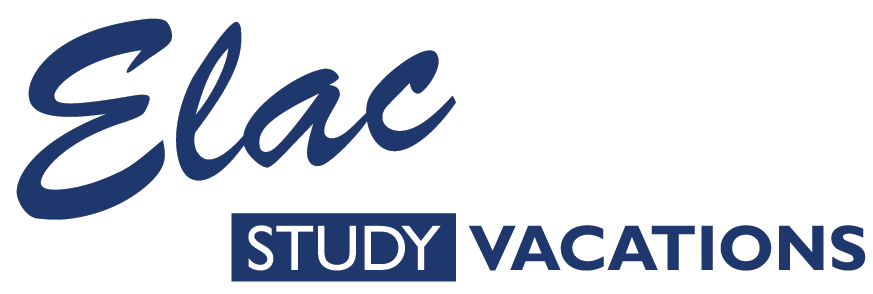OUR ACADEMIC PROGRAMME
Our teachers
We understand the importance of recruiting the best teachers so that our learners really benefit from our short language courses; therefore, our teachers:
- hold a degree and teaching qualification (CELTA, Trinity Cert. TESOL, or PGCE), and have experience in English Language Teaching (ELT)
- are committed and have a genuine interest in teaching young learners
- undergo Disclosure & Barring Service (DBS) checks to ensure their suitability to teach under 18s.
Our classes & lessons
- Learners are taught in multilingual classes of 16 (maximum) students.
- All learners take a placement test on arrival, then are allocated to classes according to their written and spoken English level; students’ ages are also considered.
- All lessons are communicative and encourage students to use their English, and interact with learners from other countries.
- A variety of classroom activities help students develop fluency and language skills, and learn about the local area and places they will visit in the UK.
- Year round courses can also cater specifically to students’ needs such as focusing on English for work, learning other subjects through English (CLIL) and preparing for IGCSE exams.
Teacher support network
We recognise that teacher support is a vital aspect of a busy summer school; our teachers are therefore supported by:
- the Senior Teacher and/or Academic Manager who will help with lesson planning and give advice and guidance on all aspects of teaching on a daily basis
- other key staff (Centre Managers and Assistant Centre Managers), many of whom are EFL teachers, and are readily available to support teachers
- an Academic Manager (TEFLQ), who is on hand to support the entire academic team and visits each centre at least once a week
Our approach
- Our communicative approach primarily focuses on speaking, fluency, pronunciation, and skills development.
- Our syllabus also helps students develop functional English which they can use with English speakers in the local community, and learn about the local area and tourist sights.
- Learners are also expected to work together in pairs and small groups, in order to develop their spoken English, interactional skills, and to make friends from other countries.
- Our ‘Curriculum Pathways’ lessons help learners further develop speaking and fluency, with A2-B1 levels doing creative projects, group tasks, and presentations, while B2-C1 levels develop higher skills needed for future academic and professional challenges for example, public speaking, critical thinking and debating. Click here for more information on our Curriculum Pathways.
Professional development
We believe strongly in our responsibility to promote the development of our teachers, and as a result, they all:
- attend an academic induction session at the start of the course, as well as daily staff meetings
- are observed, at least once, by a TEFLQ Academic Manager and then take part in a one-to-one meeting where they receive constructive written feedback
- participate in weekly in-house teacher development workshops to increase awareness of current ELT trends, and learn techniques and ideas which can be used immediately in the Elac classroom
Our resources
- A variety of age-appropriate, published and in-house books, worksheets and CDs are available, so teachers can target their students’ exact language needs and interests.
- Teachers are also encouraged to use our project and drama activity handbook so students can use their English in a creative and fun way.
